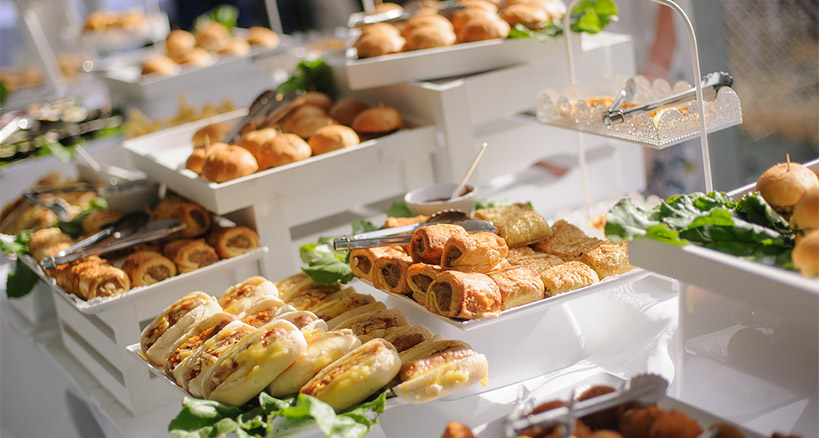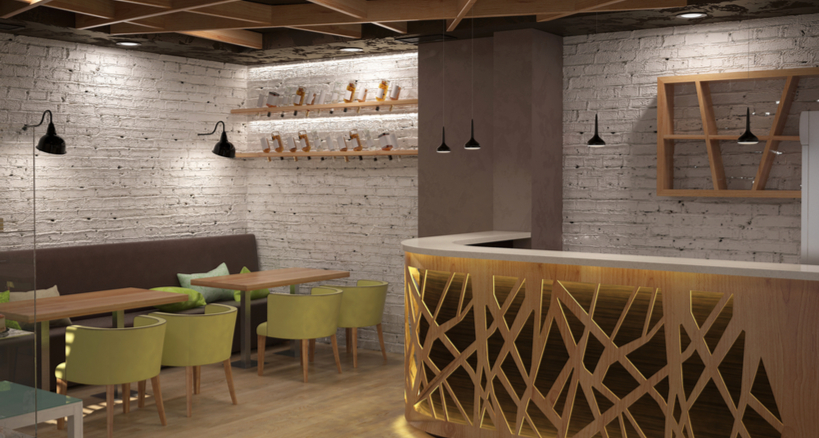
Opening a Catering Business – Part II
Earlier, we discussed the first steps you should undertake before launching a new catering business. These steps included researching the local competition, finding a niche for your business, identifying potential customers, and writing a business plan. In addition, we discussed contacting your state’s occupation licensing authorities and health department to find out exactly what you need (the National Federation of Independent Businesses website can help you in that regard). With those preliminary actions under your belt, you’re ready to move on to the next and more enjoyable stages: planning your enterprise.
Creating a Catering Menu with Pricing
Creating a catering menu will help you figure out how much kitchen space you’ll need, what appliances you should buy and install, and how much you can expect to bring in financially. Base the menu on your specialties and what your targeted market niche wants on its plate. Price the items so that you stay competitive but still make a profit.
Pricing, always a challenge, is especially difficult for those just starting out. In general, prices are determined by the time it takes to prepare the dish, plus the cost of the ingredients, plus the profit margin you’re aiming for. Keeping your menu a manageable size, with foods you’re comfortable cooking and items that are made with ingredients you know you can source, are your best options for creating a realistic menu with fair pricing.
Continue reading More Advice for Launching a Successful Catering Business








